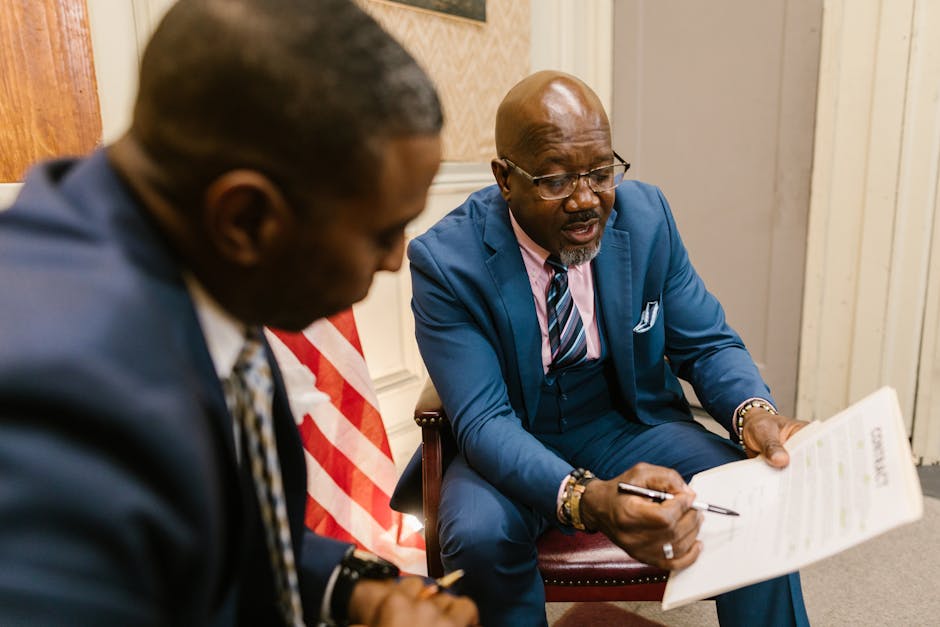
Understanding Collaborative Law: A Guide for Resolving Disputes
Understanding Collaborative Law: A Guide for Resolving Disputes
When it comes to resolving legal disputes, many people immediately think of going to court. However, there is an alternative approach called collaborative law that aims to foster open communication and cooperation between parties involved in a dispute.
Collaborative law is a form of alternative dispute resolution (ADR) that aims to facilitate amicable settlements. It involves the active participation of all parties, their respective attorneys, and, if necessary, neutral third-party specialists such as financial advisors or mental health professionals.
The key principle behind collaborative law is the commitment to finding mutually beneficial agreements rather than engaging in adversarial battles. It encourages open and honest communication, enabling parties to express their interests, needs, and concerns openly without fear of negative repercussions.
Unlike traditional litigation, collaborative law proceedings take place outside of the courtroom. The parties and their lawyers meet in a neutral and private setting to work towards resolving their dispute. This setting fosters a cooperative environment and allows for more creativity in exploring potential solutions.
The benefits of collaborative law are numerous. First and foremost, it allows parties to maintain control over the resolution process instead of placing their fate in the hands of a judge. It also provides an opportunity for parties to preserve relationships and find common ground, which can be particularly valuable in situations involving ongoing business partnerships or family matters.
Collaborative law can be particularly effective for a wide range of disputes, including family law matters such as divorce, child custody, and property division. It is also used in civil disputes, employment disagreements, and even in some criminal cases.
If you are considering collaborative law as a means of resolving your dispute, it is important to find experienced collaborative attorneys who understand the process and can guide you through it effectively. They will help create an environment that fosters respect, open communication, and commitment to finding mutually beneficial solutions.
In conclusion, collaborative law offers a promising approach to resolving disputes without the traditional adversarial courtroom battles. Its emphasis on open communication and cooperation can lead to more creative and mutually acceptable solutions. If you find yourself in a legal dispute, consider exploring the benefits of collaborative law and finding an experienced professional who can assist you in the process.
